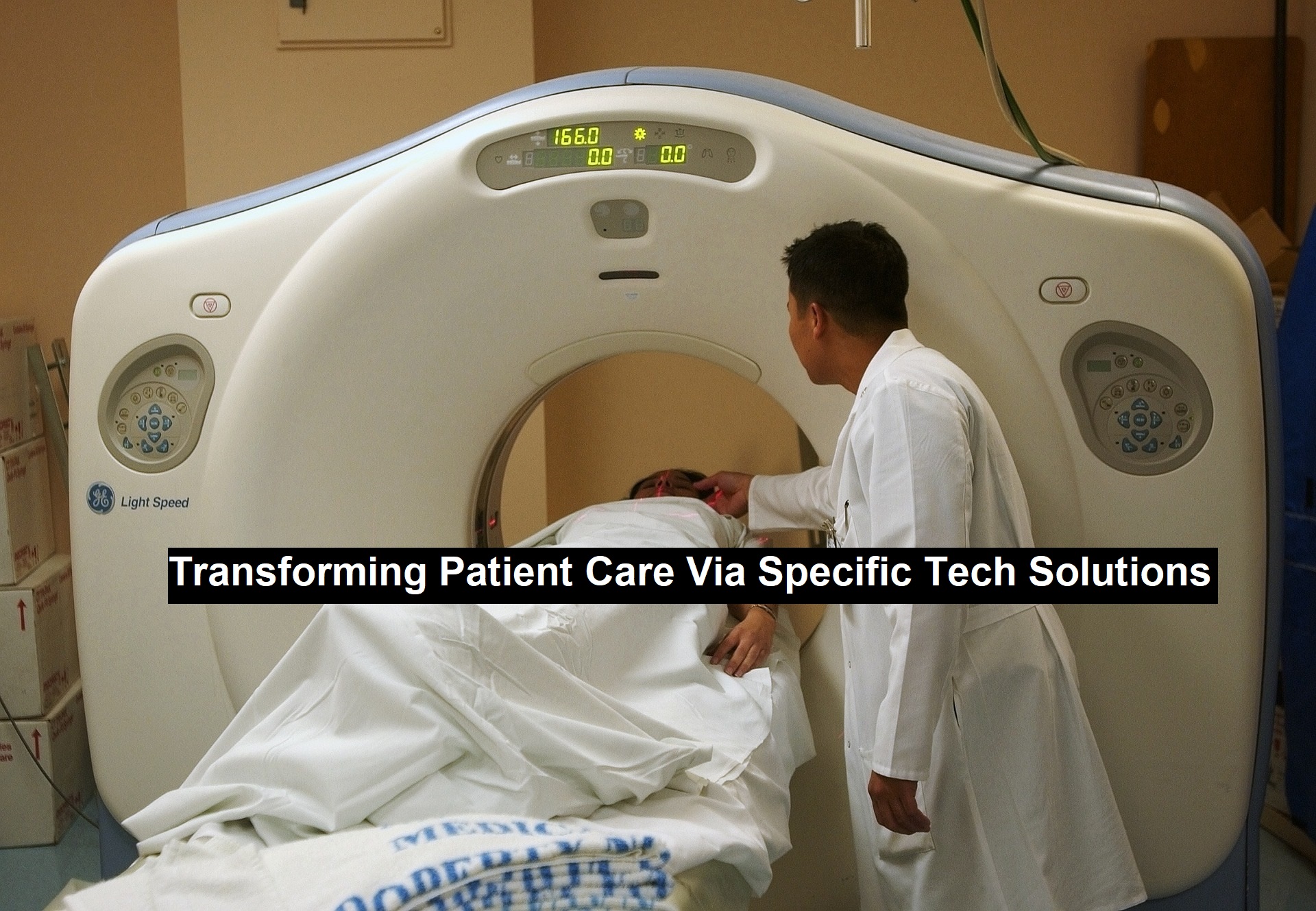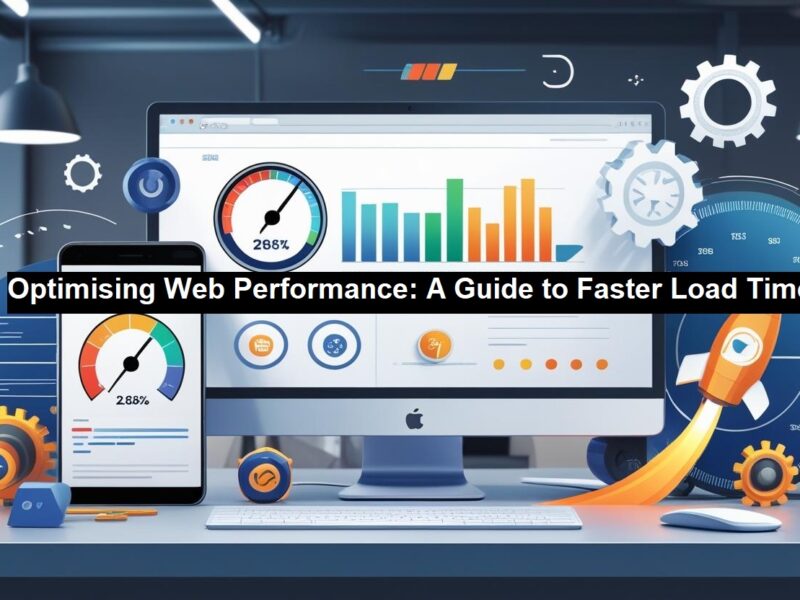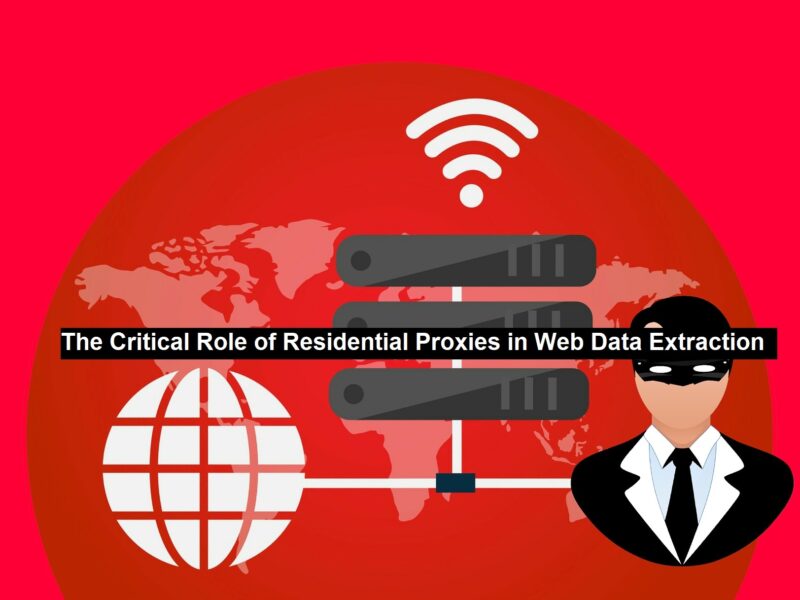Tech Solutions
It has also changed the game for patient care in incredible ways, increasing both quality and accessibility. Certainly, custom healthcare software solutions have empowered providers to innovate in the delivery of care and optimise patient outcomes through stringent data security and streamlined procedures of medicine. In this blog, we look at just how specific technology solutions are transforming patient journeys from very personalised patient management tools right through to efficient data processing.
Revolutionizing Patient Care with Technology
Delve into cutting-edge tech solutions transforming the healthcare landscape. This overview highlights advancements in telemedicine, wearable health devices, and data analytics that empower healthcare providers and enhance patient experiences, leading to better outcomes and more personalized care.
Read: The Growing Importance of ID Scanning: Efficiency and Security in Modern Identity Verification
Enhanced Patient Management Systems for Personalized Care
A major challenge in health care relates to the treatment of individual patient records with integrity and security. Advanced PMS forms the core of changing patient service delivery, as this allows providers to store, retrieve, and track patient information in real-time. These could be systems that keep patient history, store medical images, or simply systems that ensure vital information, such as allergies and current treatments, is instantly available to healthcare professionals.
With customised PMS, caregivers are privy to valuable insights into patient needs and can thus offer more personalised treatments. The custom healthcare software development process will be able to feature appointment scheduling tools, reminders, and tracking for treatment processes to improve patient engagement and adherence to the course of treatment.
AI-Powered Diagnostics and Precision Analytics
AI diagnostic tools enable the doctor to study complex data, such as imaging scans or genetic information, to aid in early disease detection. For instance, AI systems in radiology could detect test image abnormalities that would be too minuscule for the naked human eye to recognize and flag them for further review by doctors.
Beyond diagnostics, AI-driven predictive analytics let one evaluate trends in patient data to foresee future health risks and, therefore, permit timely interventions. For example, a healthcare professional might use predictive analytics to find patients who are at a higher risk of chronic conditions and offer them necessary preventive measures or targeted treatment plans accordingly.
EHR and EMR Systems for Streamlined Data Management
At the heart of modern healthcare, EHR and EMR systems ensure that this patient data is not only accessible but also accurate, and stored securely. Digital record-keeping minimises the use of paper documentation, reducing the chances of misplaced or incomplete records and offering a centralised database of patient history. Custom EHR and EMR systems will meet the needs of healthcare providers by allowing seamless sharing of patient information between departments and along the healthcare networks.
The best healthcare software development company will take care of each aspect of EHR and EMR systems streamlining your data management. These facilitate informed decisions and continuity of care, especially for those patients who may visit multiple healthcare facilities or need to see any specialist, by allowing authorised healthcare professionals to access up-to-date real-time data.
Mobile Health Apps for Increased Patient Engagement
The second new way technology solutions that are used by reliable healthcare software development services are realigning patient care involves mobile health applications that put the patient in the driving seat of managing his health. These applications offer tools to patients in daily health monitoring-from medication intake reminders to tracking symptoms. Such mobile health applications can keep vital signs, track schedules for medication management, and even send health data in real time to healthcare providers at points of chronic care management.
Others are designed to connect with wearables, monitoring health metrics in real-time, such as heart rate, blood pressure, or glucose levels. Most of the apps engage patients in their health data for prevention, treatment adherence, and early interventions in case any pathology happens.
Cloud-Based Solutions for Efficient Data Storage and Access
Because healthcare organisations are generating more and more data, there is a requirement for secure and scalable storage. Cloud-based healthcare solutions facilitate the acquisition of large datasets, which can securely be stored for authorised access from anywhere in the world. This allows multiple-discipline collaboration in care when many professionals need access to the same information in highly specialised cases.
Most of the cloud solutions also flaunt inbuilt security compliances, such as HIPAA, ensuring that critical information is secure. Hosting their data on the cloud reduces optimum dependence on physical servers, saves resources spent by these healthcare organisations, and allows them more resource space to accommodate other patient-centric services.
Conclusion
The dominance of technology in the healthcare sector is set to further increase, transforming patient care into a more responsive, proactive, and truly patient-centered system. As a leading healthcare software development company, we understand that for many providers and healthcare organizations, investing in tech solutions is not just an option; it’s a critical pathway to a future where patient care is not merely improved but completely reinvented. By harnessing innovative technologies, we aim to create solutions that enhance the overall healthcare experience for both providers and patients alike.



